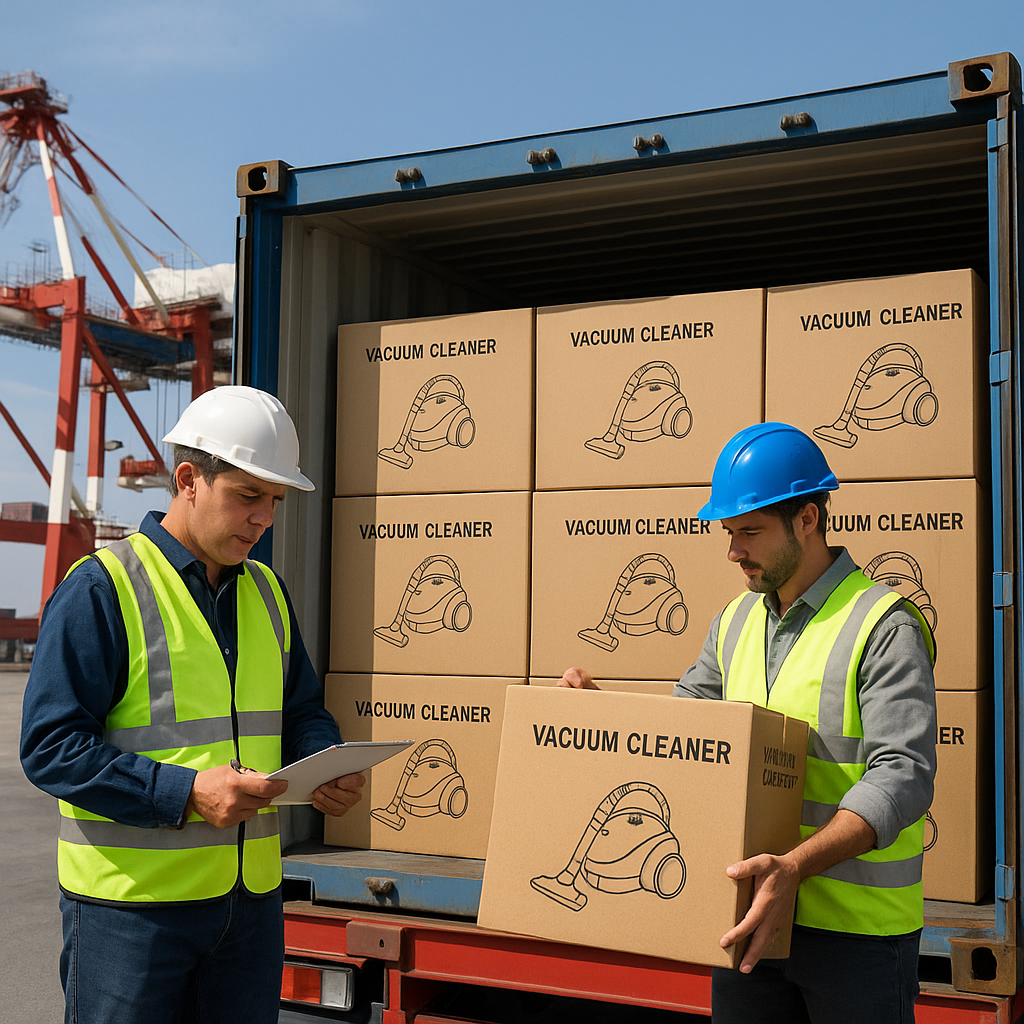
China is a leading manufacturer of vacuum cleaners, offering a wide variety of models at competitive prices. However, importing these products into the U.S. or other international markets requires careful planning and due diligence to avoid costly mistakes. Here are the most important factors to keep in mind when sourcing vacuum cleaners from China.
1. Product Quality and Certification
Quality varies widely among Chinese suppliers. It’s crucial to verify that your chosen manufacturer meets international quality standards. Ensure that all products have the necessary safety certifications, such as UL certification for the U.S. or CE marking for the European Union. Request product samples and review third-party inspection reports before placing a bulk order.
2. Customs Regulations and Duties
Importing vacuum cleaners involves navigating U.S. customs regulations and paying any applicable tariffs or duties. Work with a reputable customs broker to ensure all paperwork is accurate and that your products are classified correctly according to the Harmonized Tariff Schedule. Misclassification or missing documents can lead to delays or additional costs.
3. Communication and Supplier Reliability
Clear communication with your Chinese supplier is vital. Confirm all product specifications, lead times, and shipping terms in writing. Reliable suppliers should provide consistent updates and be transparent about their manufacturing processes. It’s often helpful to visit the factory or use third-party quality inspection services to verify production and shipment.
Conclusion
Importing vacuum cleaners from China can offer great opportunities, but only with thorough research, compliance checks, and reliable supplier partnerships. Paying attention to certification, customs procedures, and clear communication helps ensure a successful and profitable import experience.
For more resources and industry tips on international vacuum cleaner trade, visit www.lxvacuum.com.
















